Sustainability Policy
As stated in our Sustainability Policy, Asian Agri is committed in ensuring that our entire supply chain network of 30,000 smallholder partners who adopt best practices in the production of sustainable palm oil.
Our Journey
This sustainability journey is enhanced by our participation in local and international certification schemes that provide access to independent third party certification services, as well as global standards to benchmark the progress of the implementation of our own sustainability commitments.
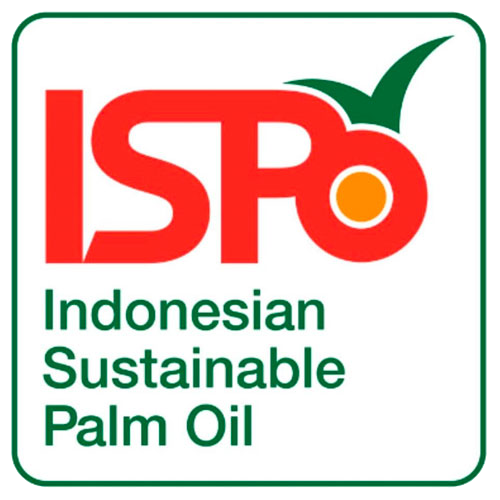
ISPO
Asian Agri also works with the Indonesian Government through our participation in the Indonesian Sustainable Palm Oil (ISPO) scheme, established by the Indonesian Ministry of Agriculture in 2009. In 2019, we are 100% ISPO certified.
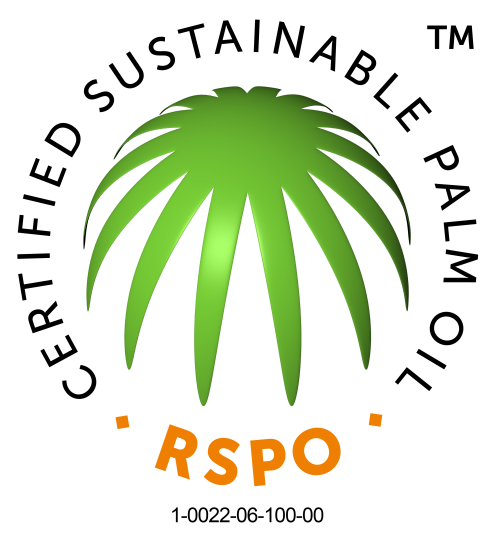
RSPO
In 2006, Asian Agri became a member of the Roundtable of Sustainable Palm Oil (RSPO), a global multi-stakeholder certification system to develop and implement global standards for sustainable palm oil production. We received our 1st RSPO certification for our estate in 2010, and in 2012, the certification for our smallholder scheme.
In 2013, we helped our independent smallholders to receive the 1st RSPO certificate for independent smallholders in Indonesia. Currently, more than 86% of both owned plantations in North Sumatra, Riau & Jambi provinces and 100% of scheme smallholder plantations in Riau & Jambi provinces have been RSPO certified.
Asian Agri submitted its concession and scheme smallholders maps to RSPO in 2018 as part of its transparency commitment.
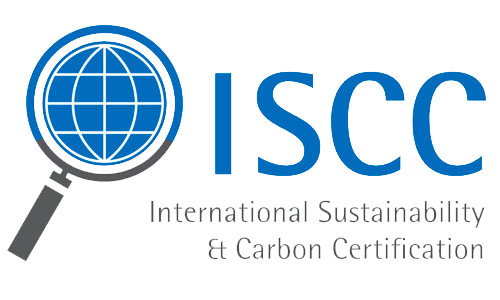
ISCC
International Sustainability & Carbon Certification (ISCC) is an international certification system that was established based on an EU Directive on renewable raw products for producing biofuel, food, feed and chemicals. ISCC outlines the need to avoid planting on no-go areas after January 2008, GHG emission reduction and social sustainability.
We have certified all of our mills and estates including those of smallholders under ISCC and have been a member since 2013. Addressing the market demand for low GHG emissions, we installed methane capture facilities in our mills to reduce the GHG emission for ISCC certified products. This will help the company to deliver ISCC certified products with low GHG emissions.
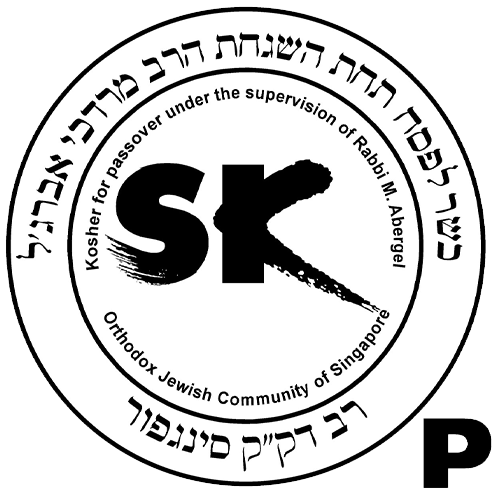
Kosher
The OU (Orthodox Union) Kosher is the world’s largest and most widely recognized kosher certification agency, certifying over 1,201,950 products produced in more than 9,715 plants located in 104 countries around the world. Asian Agri has been Kosher certified since 2016 for its mills and kernel crushing plants.
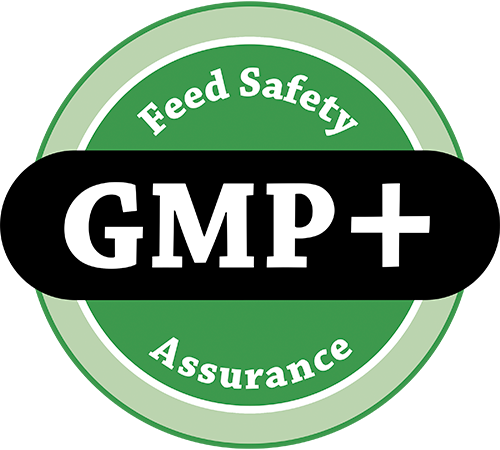
GMP+
A Good Manufacturing Practices (GMP) certification scheme provides independent verification and certification that the basic manufacturing practices and prerequisites necessary for the implementation of an effective Hazard Analysis Critical Control Point (HACCP) food safety program are being followed. Asian Agri has been GMP+ certified since 2015 for its palm kernel expeller products.

ISO 9001
ISO 9001:2000 is a company level certification based on a standard developed and published by the International Organization for Standardization (ISO) titled “Quality Management Systems-Requirements”.
Asian Agri has obtained ISO 9001 certification for Asian Agri Learning Institute (AALI) and Topaz nursery (OPRS).

ISO 14001
ISO 14001 is the international standard that specifies requirements for an effective environmental management system (EMS). It provides a framework that an organization can follow, rather than establishing environmental performance requirements.
Asian Agri has obtained ISO 14001 certification for plantations and factories in 3 provinces: North Sumatra, Riau, and Jambi since 2005.

GGL
GGL (Green Gold Label) standardization is a sustainable certification for biomass products that has been recognized and applied throughout the world. In December 2021, Asian Agri succeeded in obtaining the GGL certificate. With this GGL certificate, Asian Agri’s palm kernel shells (PKS) are ensured to come from sustainable sources.

